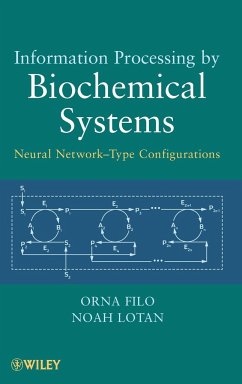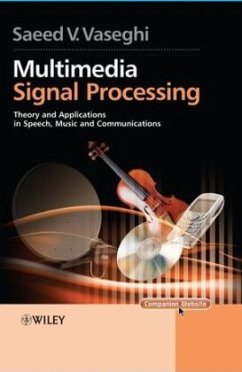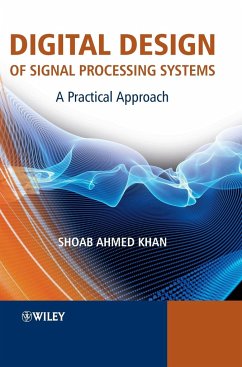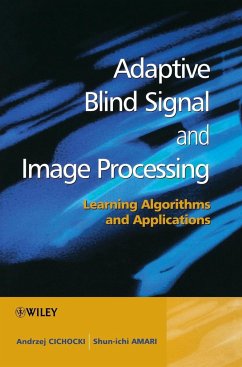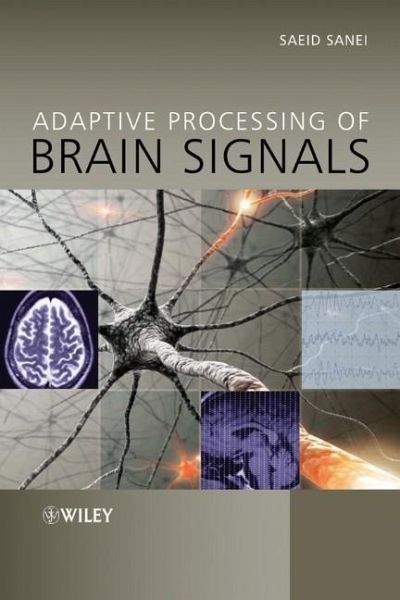
Adaptive Processing of Brain Signals
Versandkostenfrei!
Versandfertig in über 4 Wochen
131,99 €
inkl. MwSt.
Weitere Ausgaben:

PAYBACK Punkte
66 °P sammeln!
Brain signal processing spans knowledge bases for engineering, science, and medicine. This book brings together the disparate theory and application to create a comprehensive resource on this growing topic. Chapters provide advanced tools for the detection, monitoring, separation, localizing, and understanding of brain functional, anatomical, and physiological abnormalities. It focuses on the latest processing techniques for electroencephalography and magneto-encephalography signals, and their correlation to the corresponding functional magnetic resonance imaging (fMRI). The text covers the broad remit of neuro-imaging, ensuring comprehensive coverage of all issues related to brain signal processing.
In this book, the field of adaptive learning and processing is extended to arguably one of its most important contexts which is the understanding and analysis of brain signals. No attempt is made to comment on physiological aspects of brain activity; instead, signal processing methods are developed and used to assist clinical findings. Recent developments in detection, estimation and separation of diagnostic cues from different modality neuroimaging systems are discussed.
These include constrained nonlinear signal processing techniques which incorporate sparsity, nonstationarity, multimodal data, and multiway techniques.
Key features:
Covers advanced and adaptive signal processing techniques for the processing of electroencephalography (EEG) and magneto-encephalography (MEG) signals, and their correlation to the corresponding functional magnetic resonance imaging (fMRI)
Provides advanced tools for the detection, monitoring, separation, localising and understanding of functional, anatomical, and physiological abnormalities of the brain
Puts a major emphasis on brain dynamics and how this can be evaluated for the assessment of brain activity in various states such as for brain-computer interfacing emotions and mental fatigue analysis
Focuses on multimodal and multiway adaptive processing of brain signals, the new direction of brain signal research
These include constrained nonlinear signal processing techniques which incorporate sparsity, nonstationarity, multimodal data, and multiway techniques.
Key features:
Covers advanced and adaptive signal processing techniques for the processing of electroencephalography (EEG) and magneto-encephalography (MEG) signals, and their correlation to the corresponding functional magnetic resonance imaging (fMRI)
Provides advanced tools for the detection, monitoring, separation, localising and understanding of functional, anatomical, and physiological abnormalities of the brain
Puts a major emphasis on brain dynamics and how this can be evaluated for the assessment of brain activity in various states such as for brain-computer interfacing emotions and mental fatigue analysis
Focuses on multimodal and multiway adaptive processing of brain signals, the new direction of brain signal research




